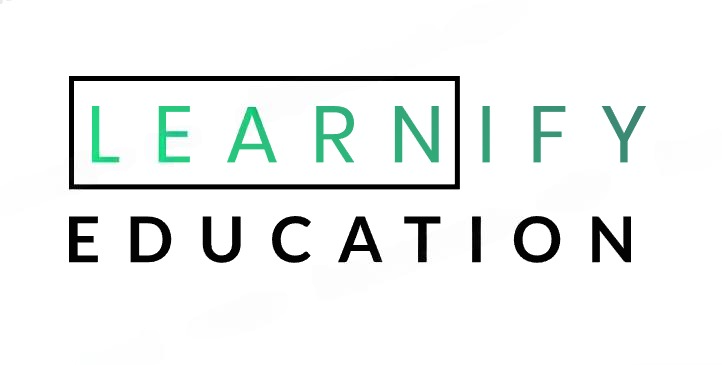Intensive Learning
Bootcamp courses are known for their intensive nature. They usually span from a few weeks to several months and cover a wide range of material in a short period. This fast-paced approach is ideal for those looking to quickly acquire new skills or change careers.




















